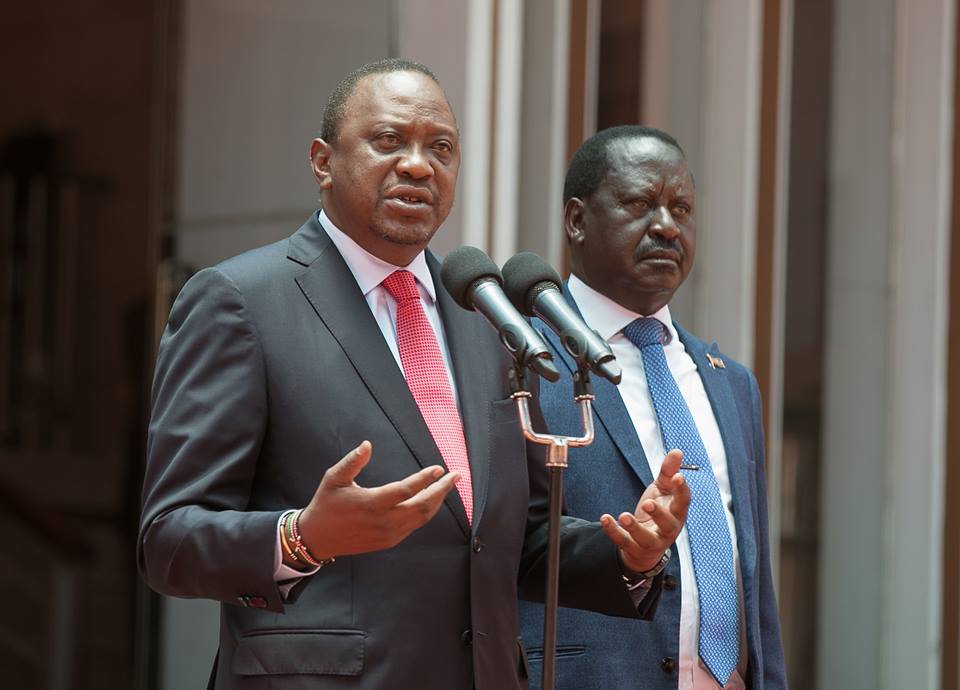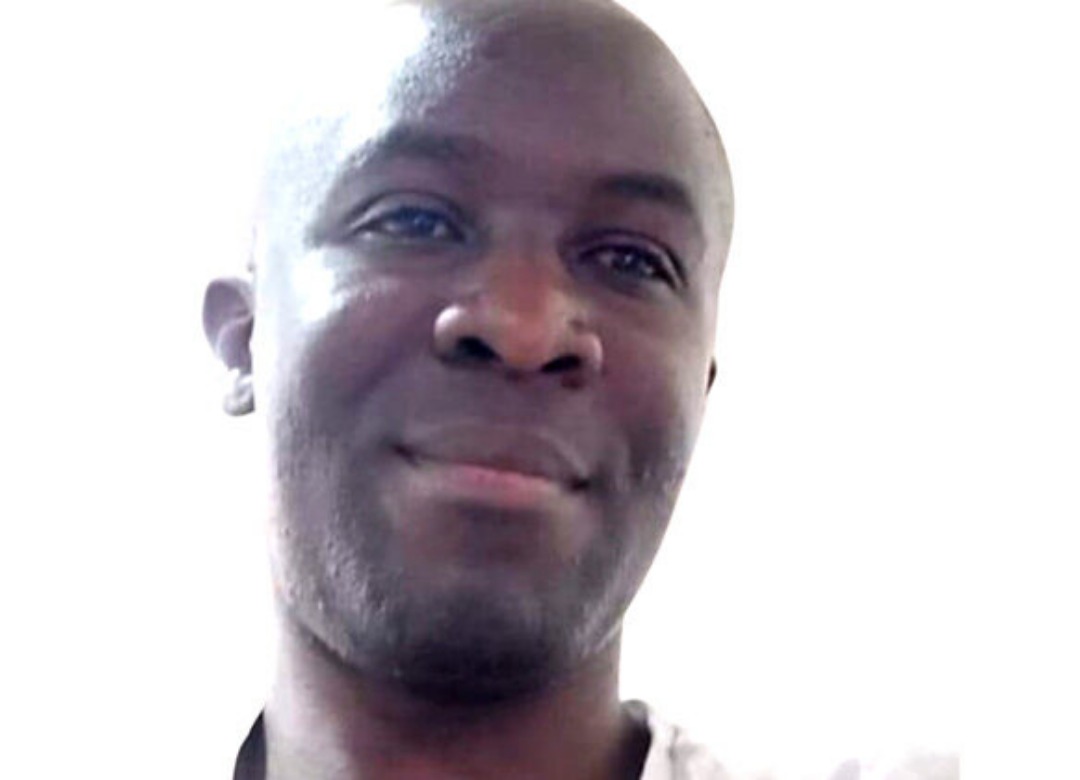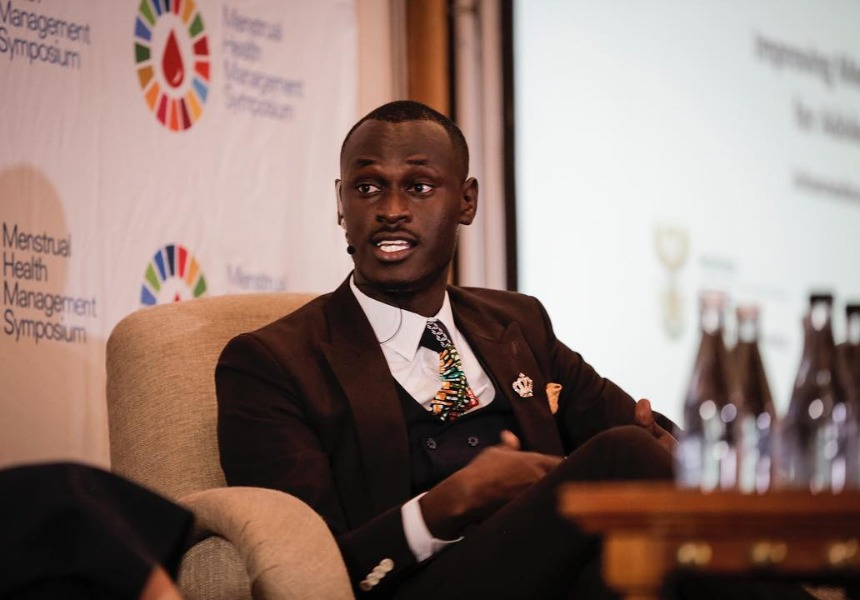The dramatic arrests of Cord politicians for alleged incendiary comments triggered an outcry over selective justice. Protests erupted in Nairobi and Migori.
The Director of Criminal Investigations defended lack of convictions in previous hate speech cases, saying those who made video and audio were reluctant to testify.
Eight lawmakers — five from Cord and three from Jubilee — were arraigned yesterday but did not take pleas as police said charge sheets were not ready. Siaya Senator James Orengo, representing the Cord MPs, protested the delay, saying some charge sheets already are “making rounds on social media”. He said his clients should not have to wait.
Starehe MP Maina Kamanda walked into court to follow proceedings and was followed by jeers and chants from ODM supporters. Kamanda recently led matatu operators to Cord Leader Raila Odinga’s office at Capitol Hill in Nairobi to dump the shell of a matatu burned by anti-IEBC protesters.
More than 100 Kibera youths yesterday marched on Ngong Road to protest what they called police “bias and double standards” in the arrest of Cord MPs.
Some demonstrators carried a coffin and chanted the name of Gatundu South MP Moses Kuria. He allegedly called for Cord leader Raila Odinga’s assassination on Sunday.
Others waved twigs and placards, barricaded the road, lit bonfires and burned tyres on the road
The protesters fought running battles with police and were dispersed with teargas.
Kuria was arraigned alongside Kabete MP Ferdinand Waititu and Bahati MP Kimani Ngunjiri for comments on Saturday and Sunday.
In Migori, youths demonstrated against the arrest of opposition leaders, including Suna East MP Junet Mohamed, in Nairobi.
Other opposition politicians arraigned were Machakos Senator Johnstone Muthama, Busia woman representative Florence Mutua and Kilifi woman representative Aisha Jumwa.
Cord leaders led by Raila and Kalonzo Musyoka accused the government of trying to cover up Kuria’s crimes by arresting opposition leaders.
At a press conference with the National Cohesion and Integration Commission, DCI director Ndegwa Muhoro said cases of hate speech have been failing because people who make the video and audio recordings refuse to testify.
“The Director of Public Prosecutions cannot take a case to court without sufficient evidence. However, according to the law of evidence, in regards to hate speech and incitement, we need the people who took the clips to appear in court and act as witness. But in most cases the media is reluctant to do this, posing a challenge to the prosecution at times,” he said.
The politicians get to spend several nights in cells as investigations and prosecution works on their cases over hate speech remarks.



